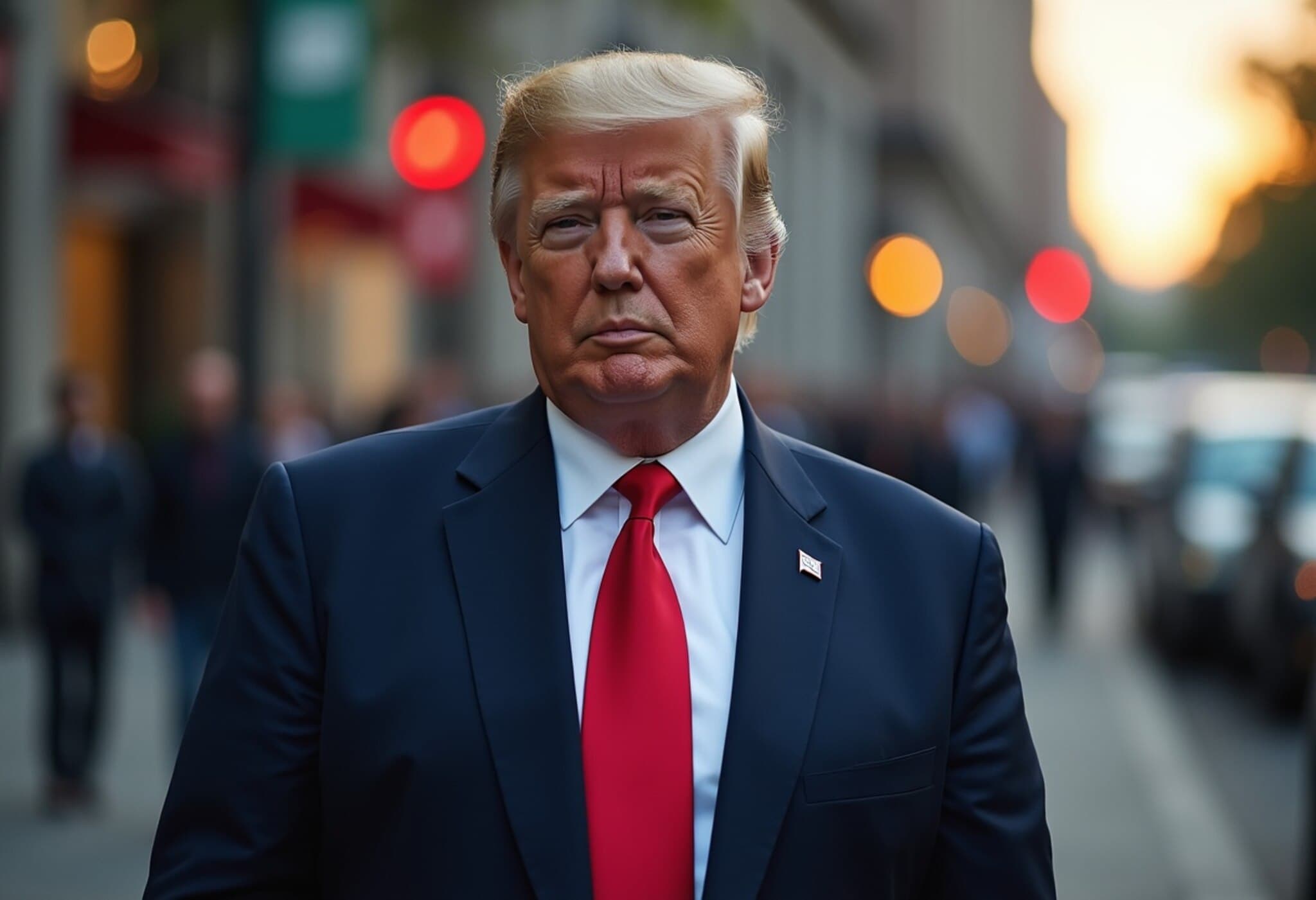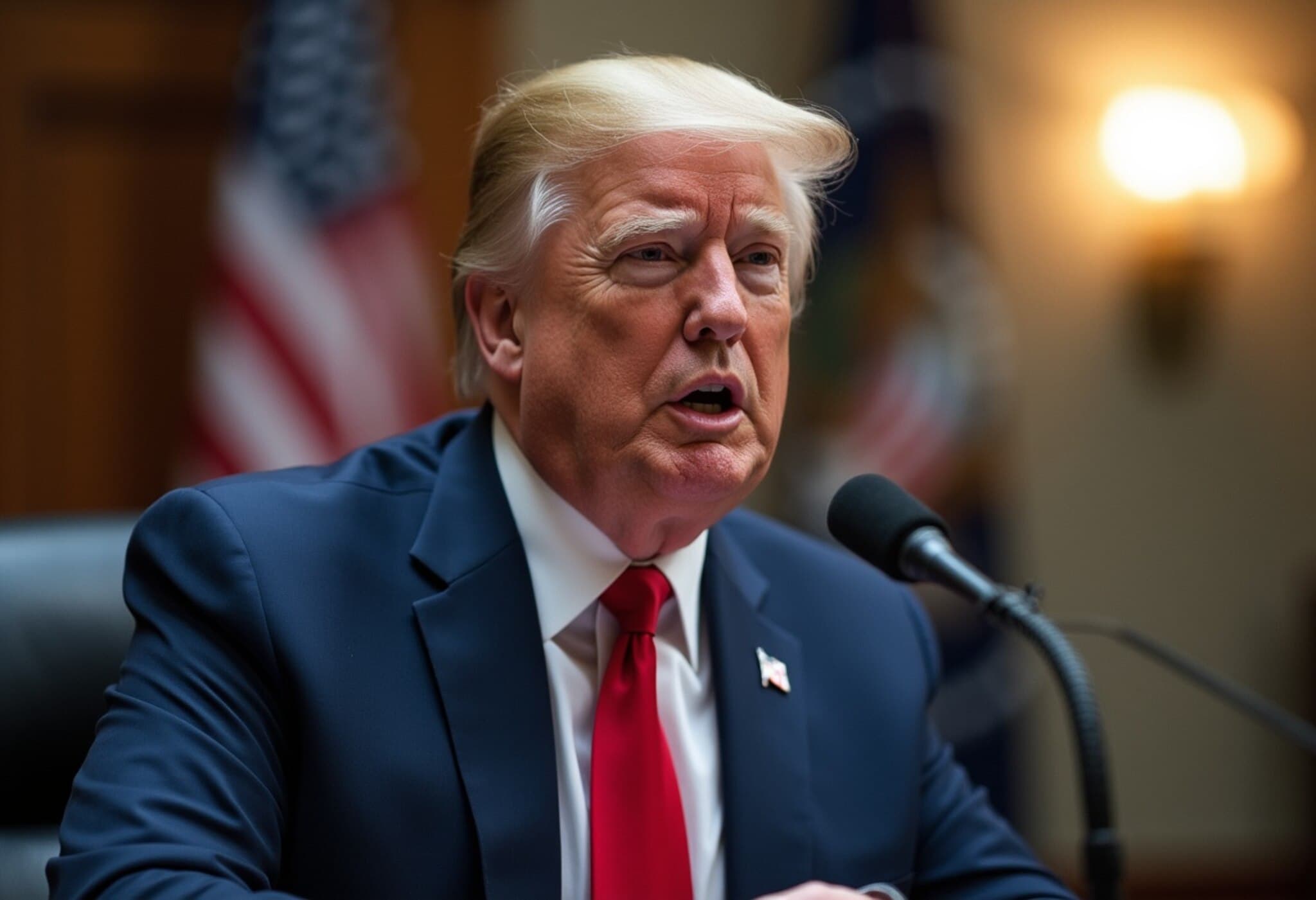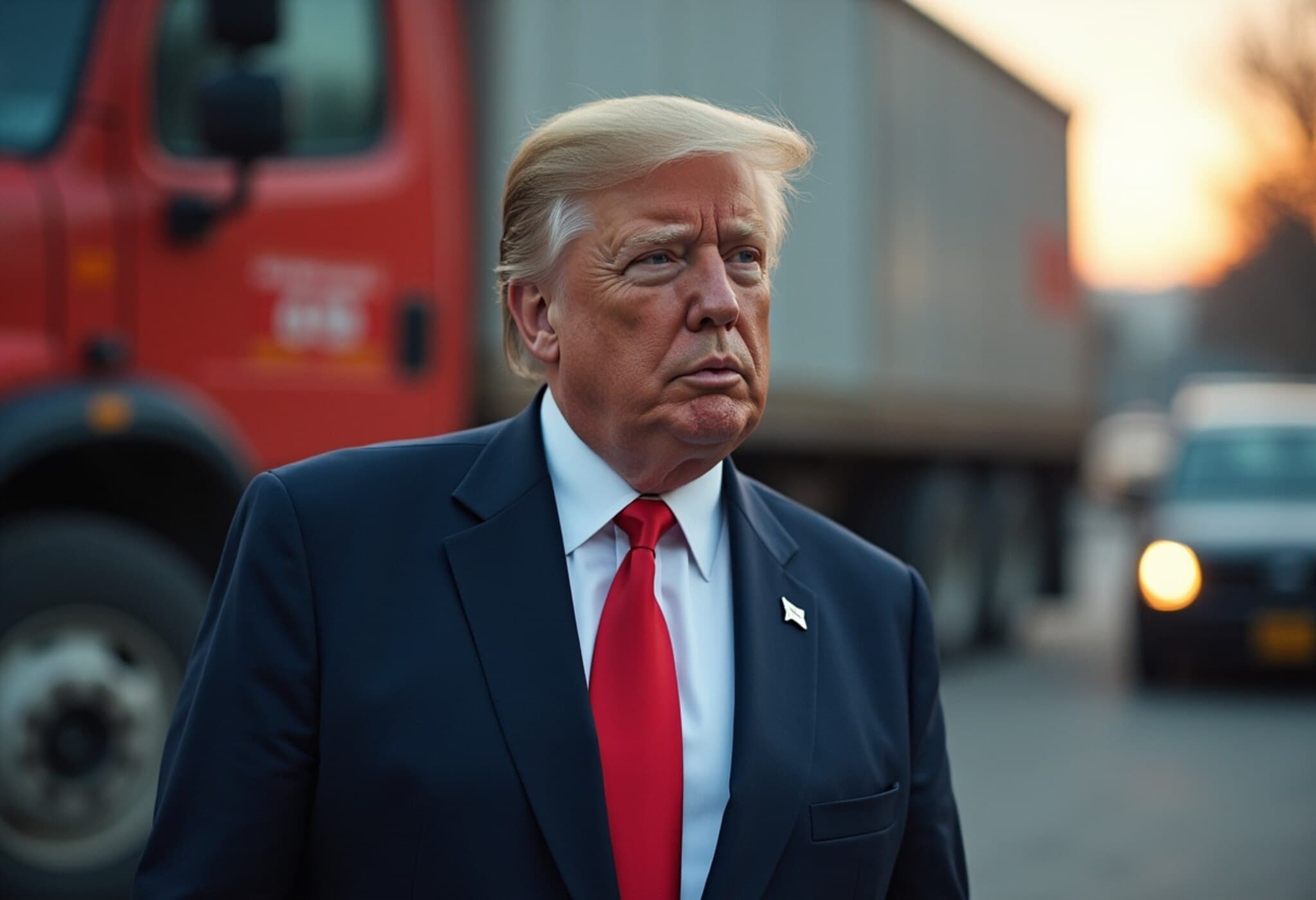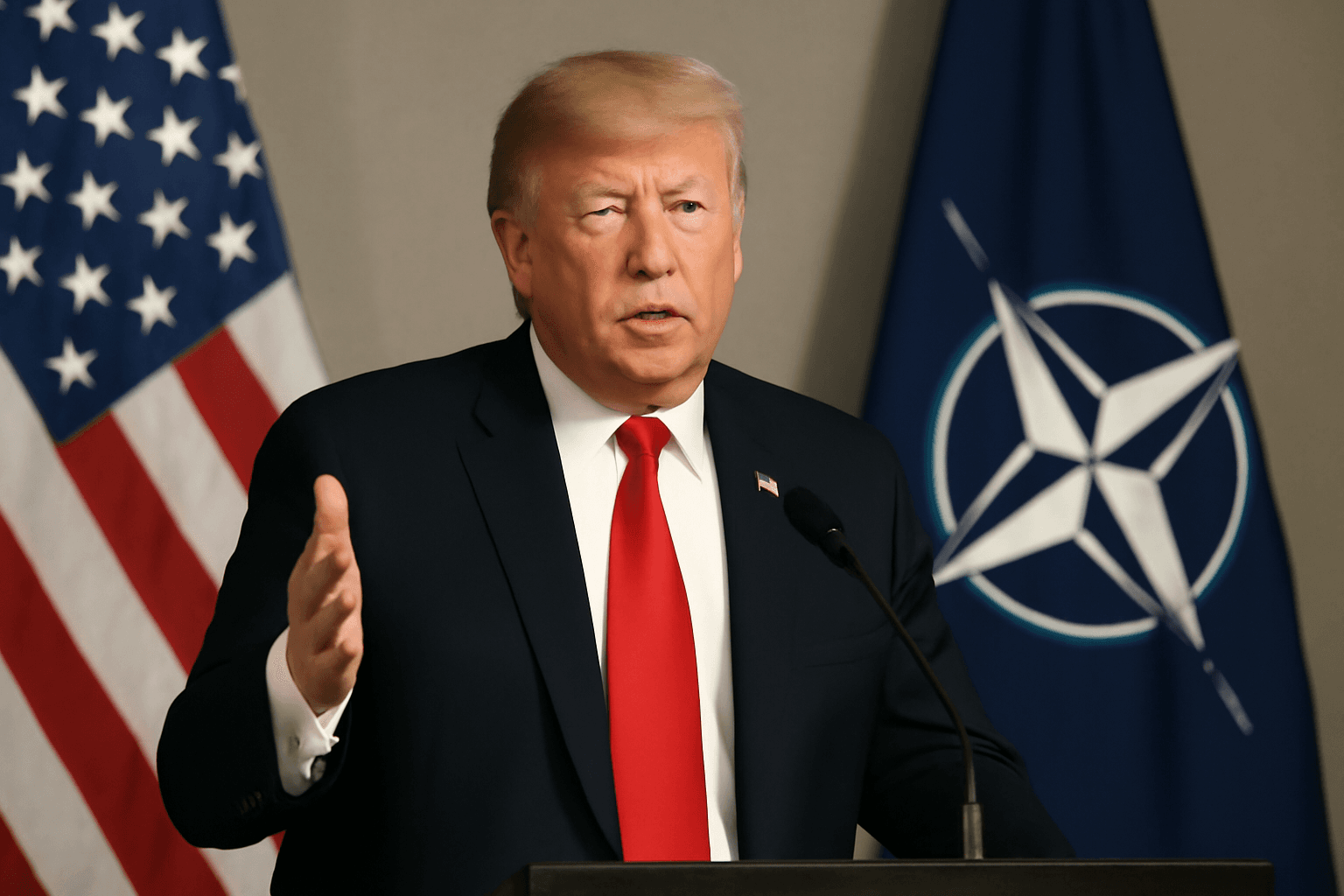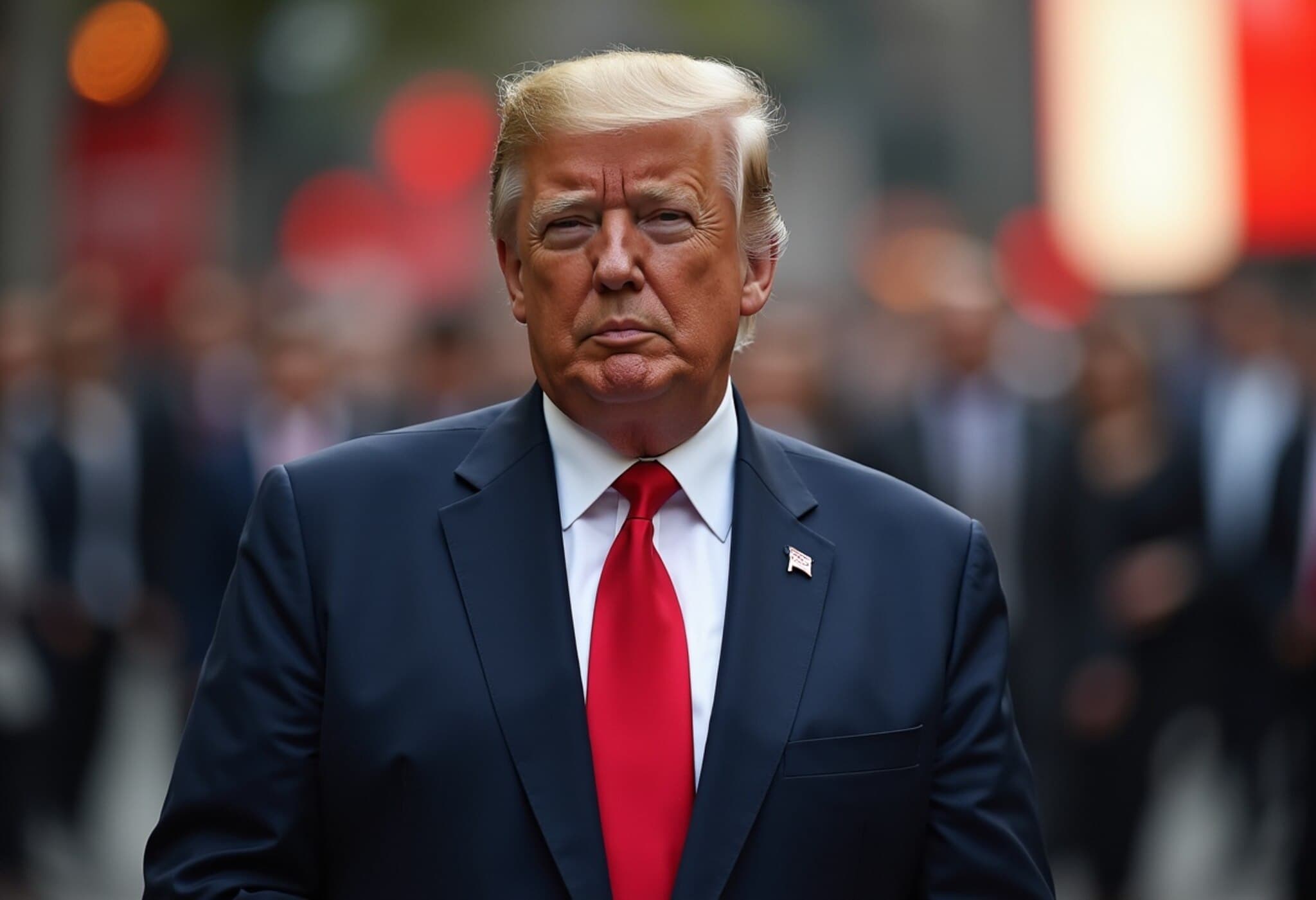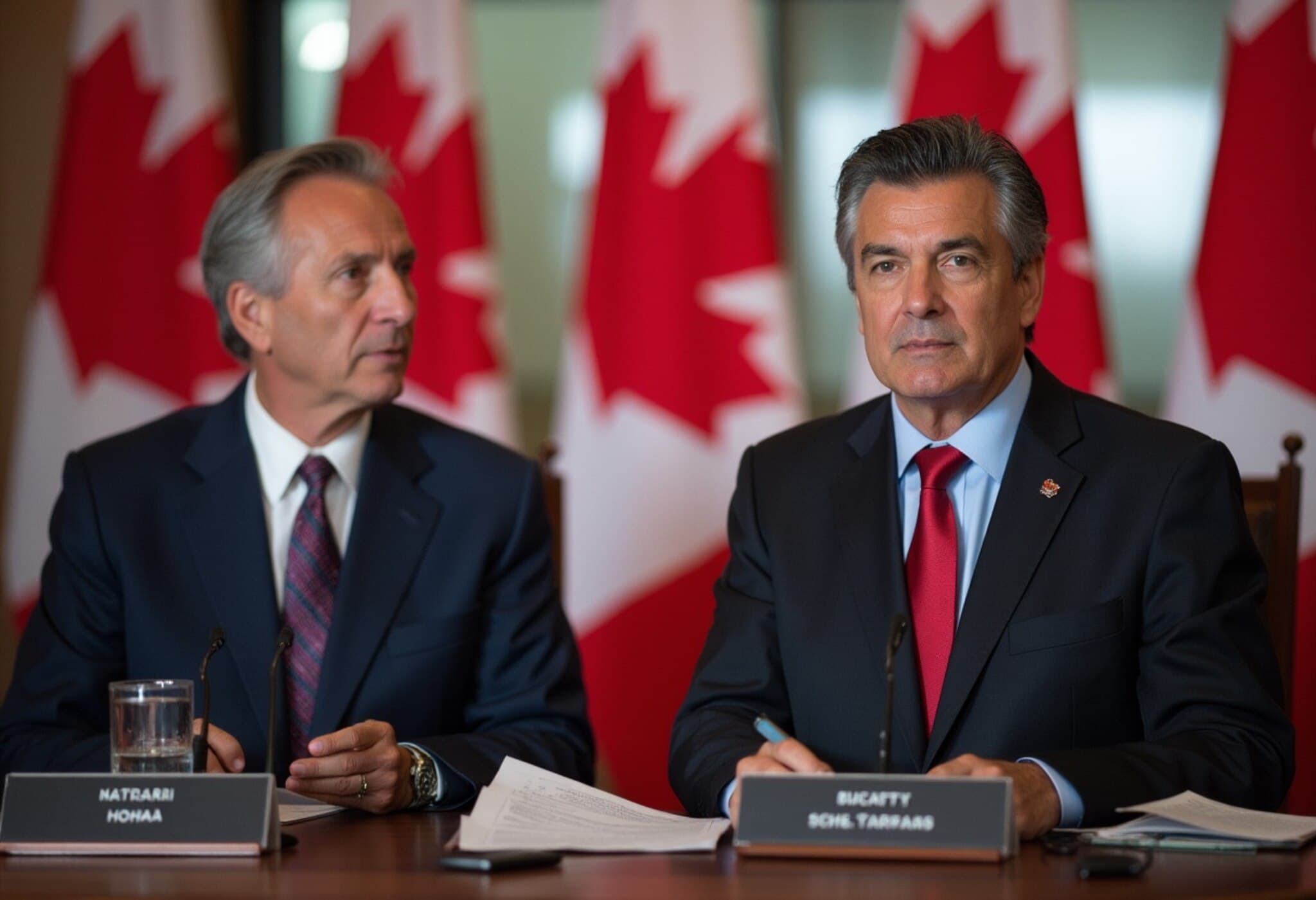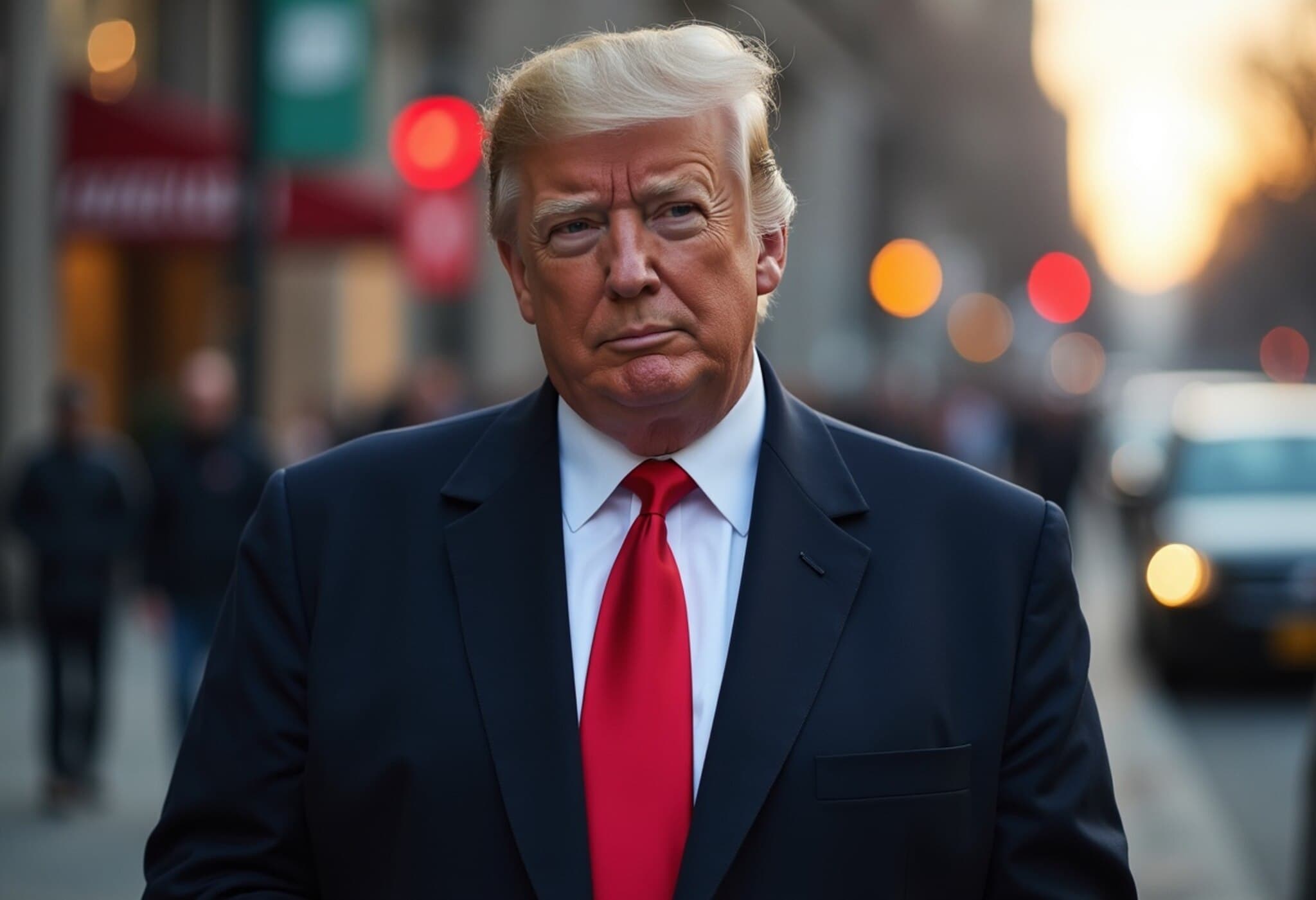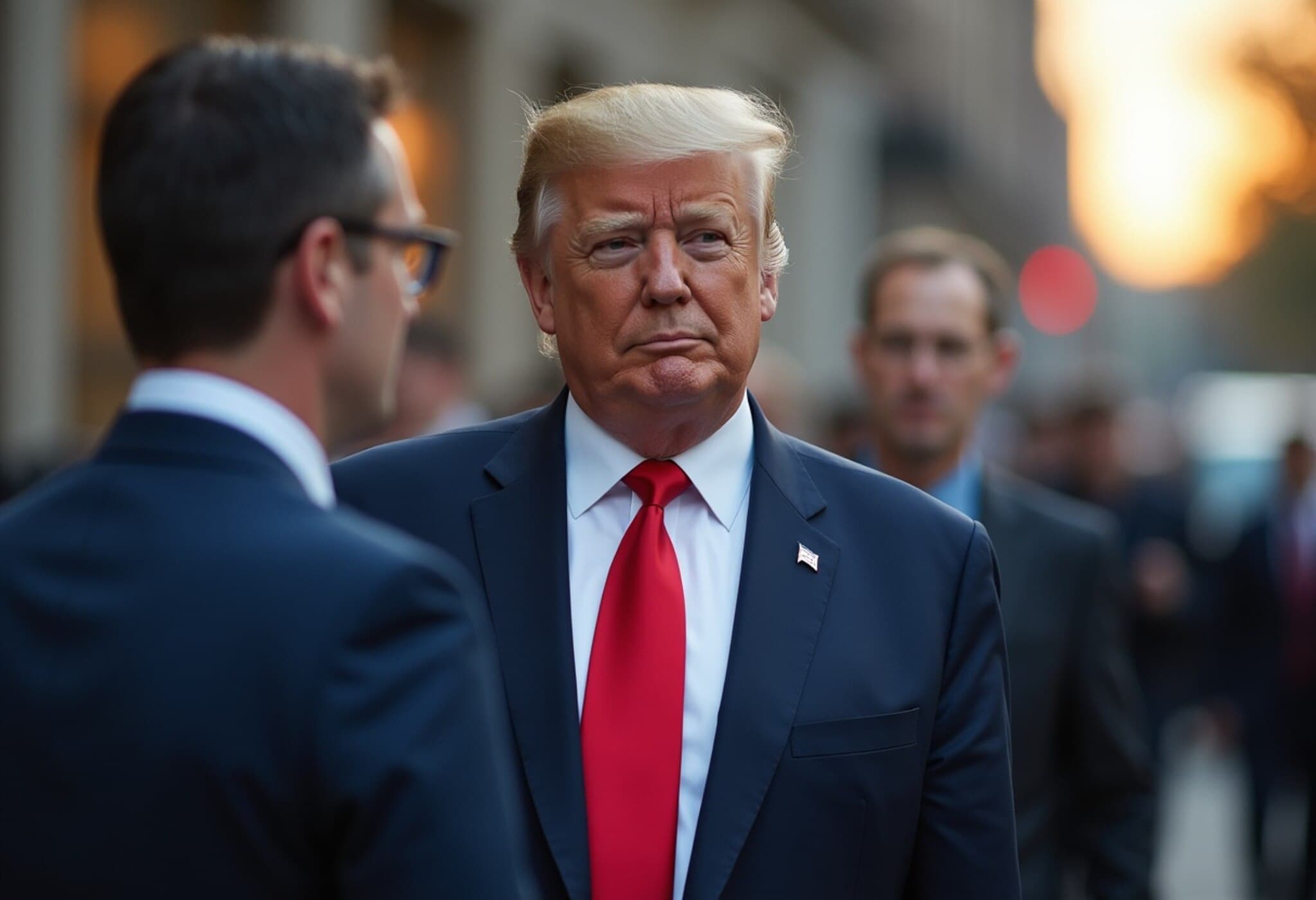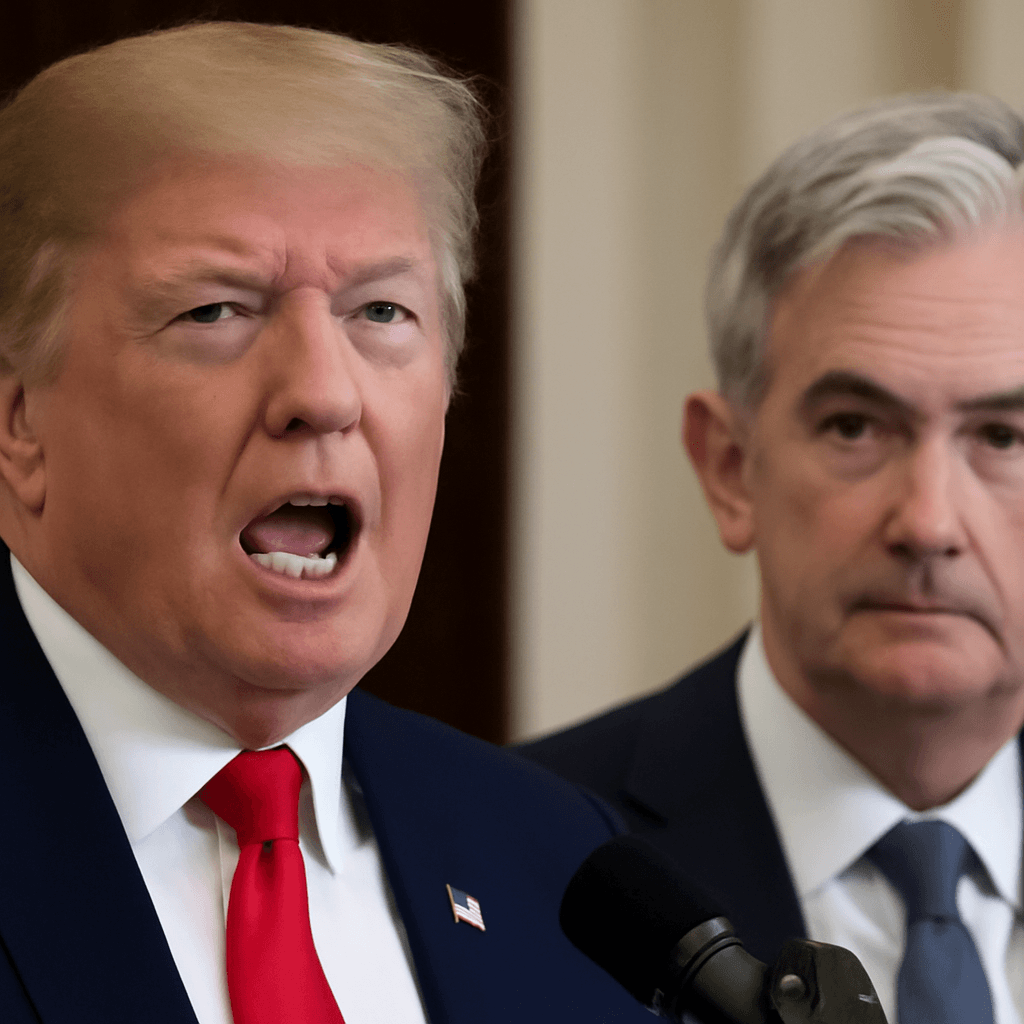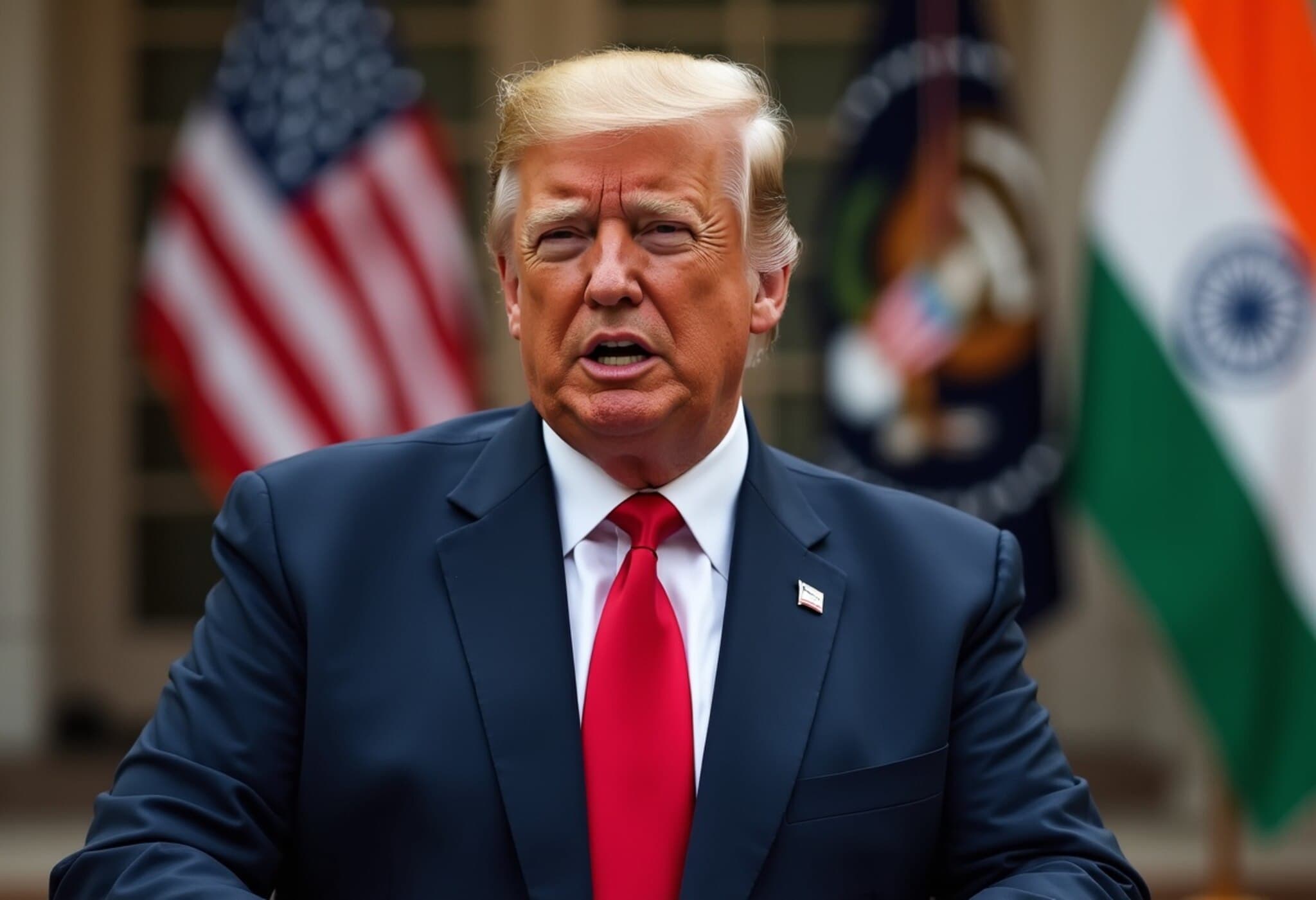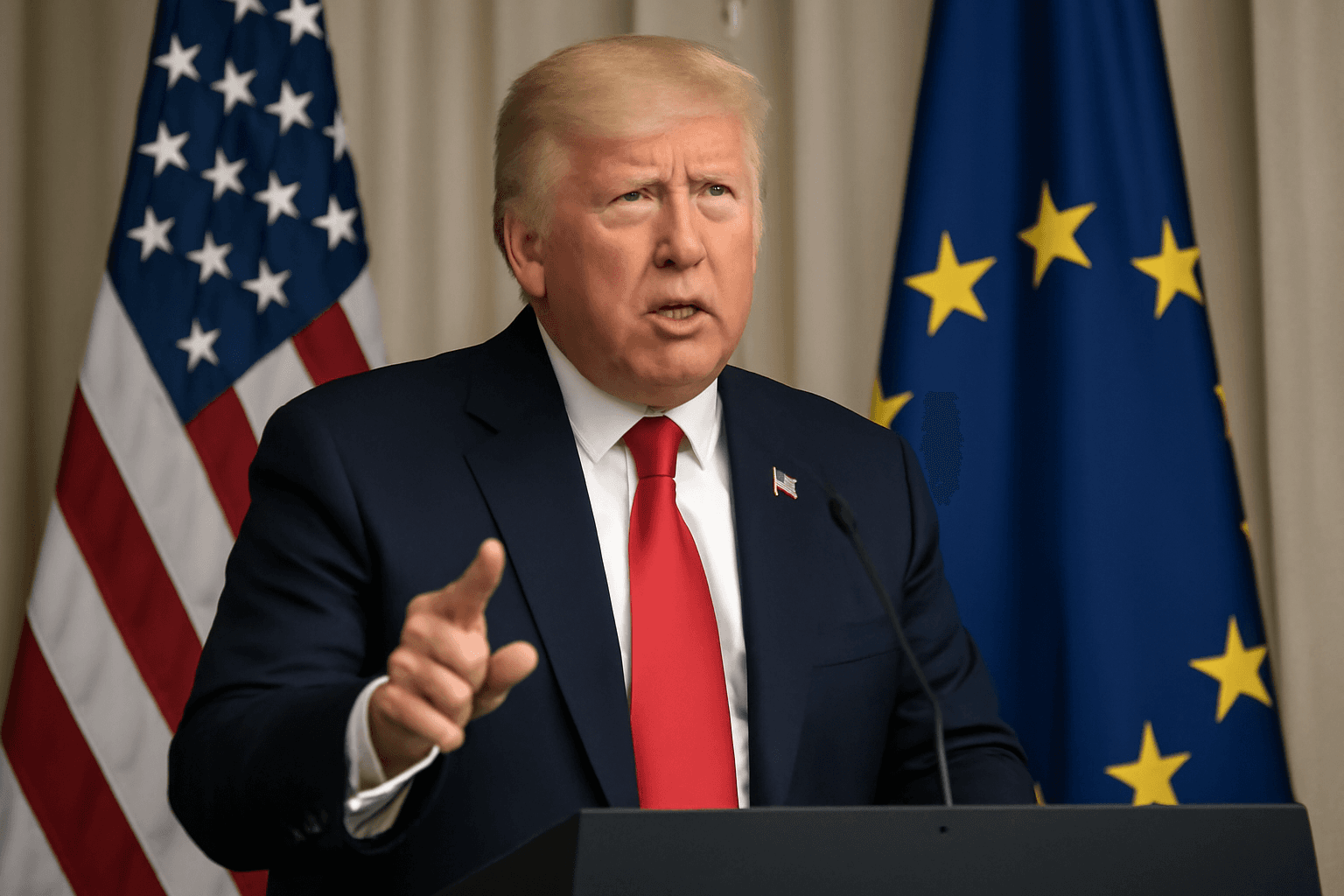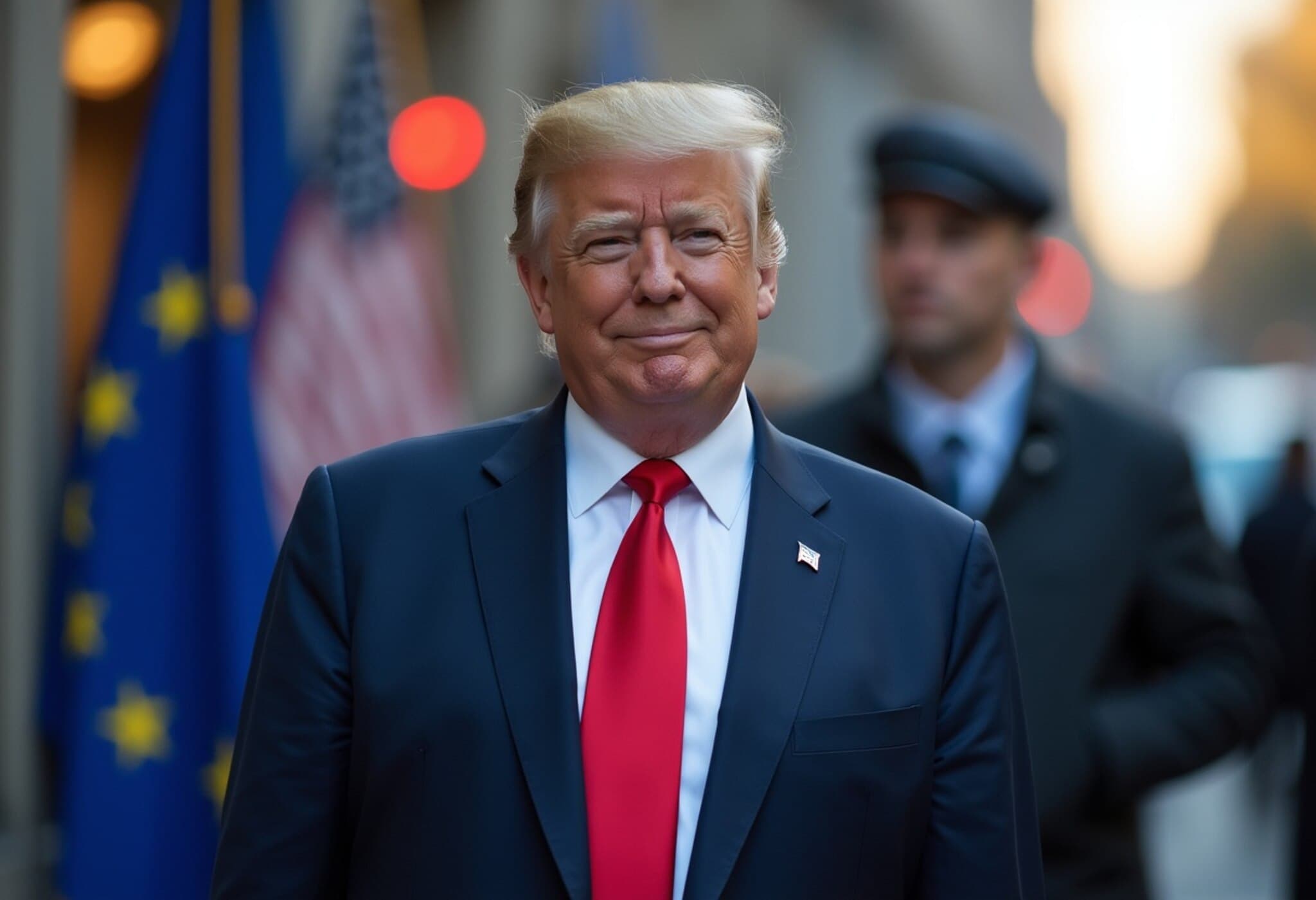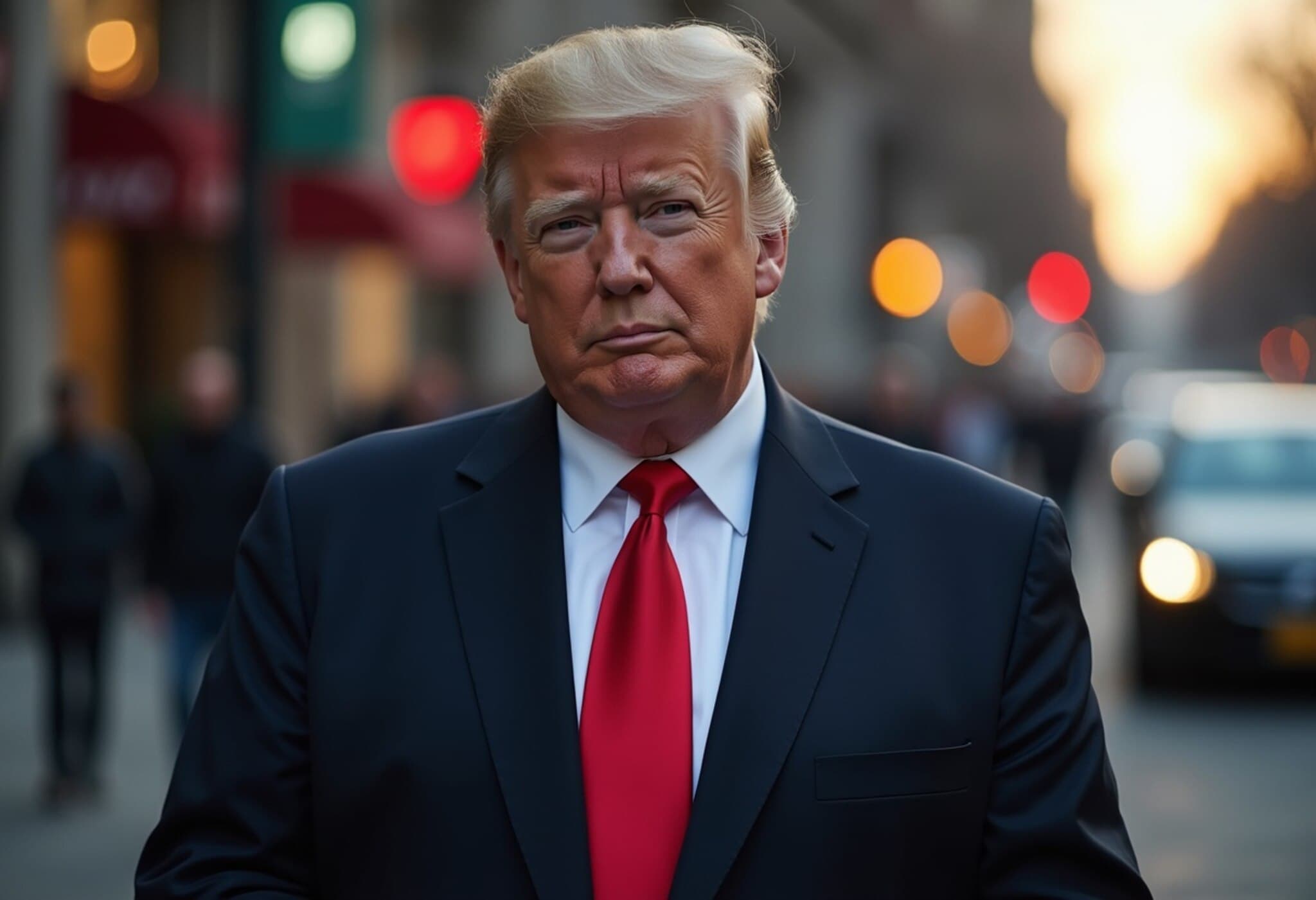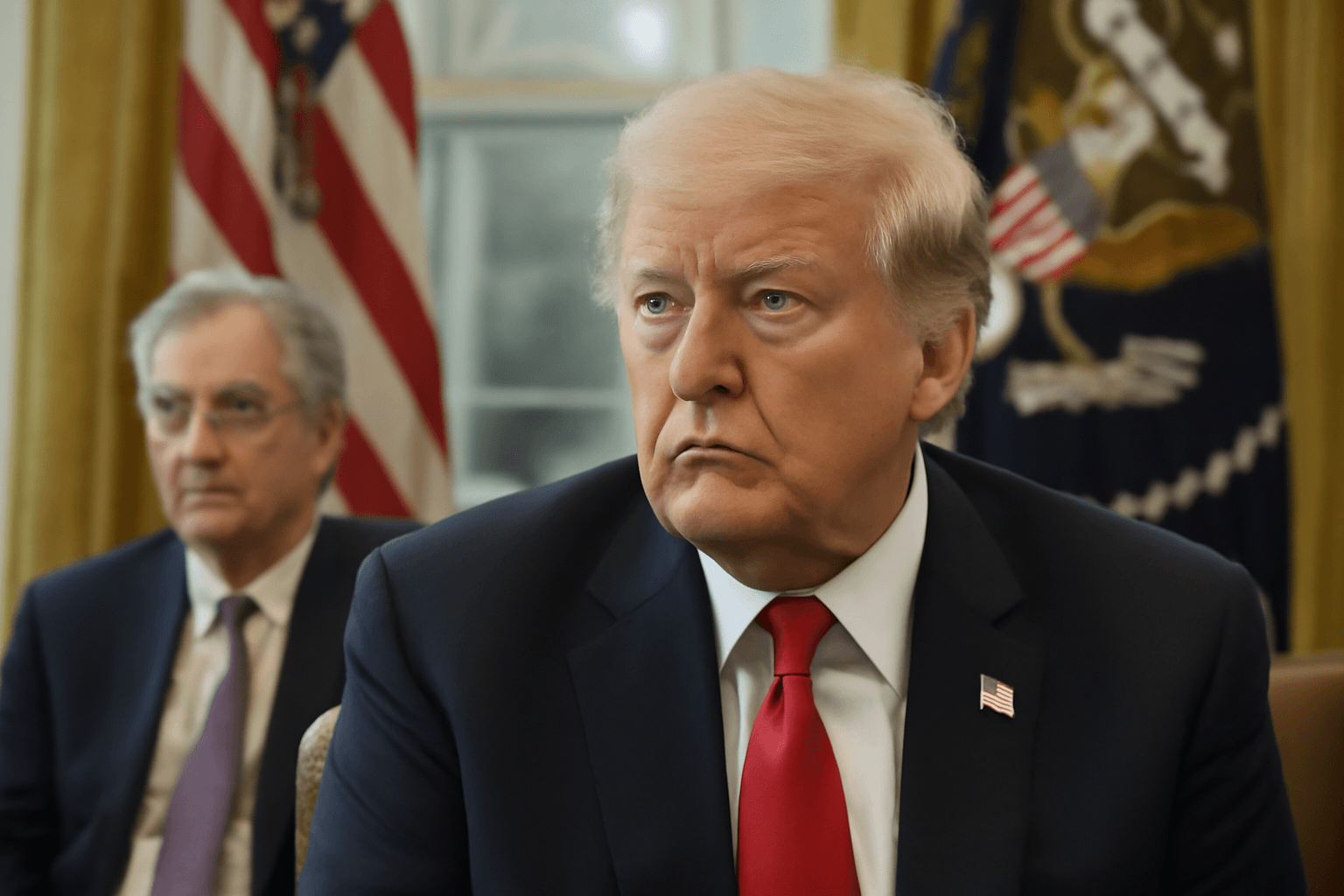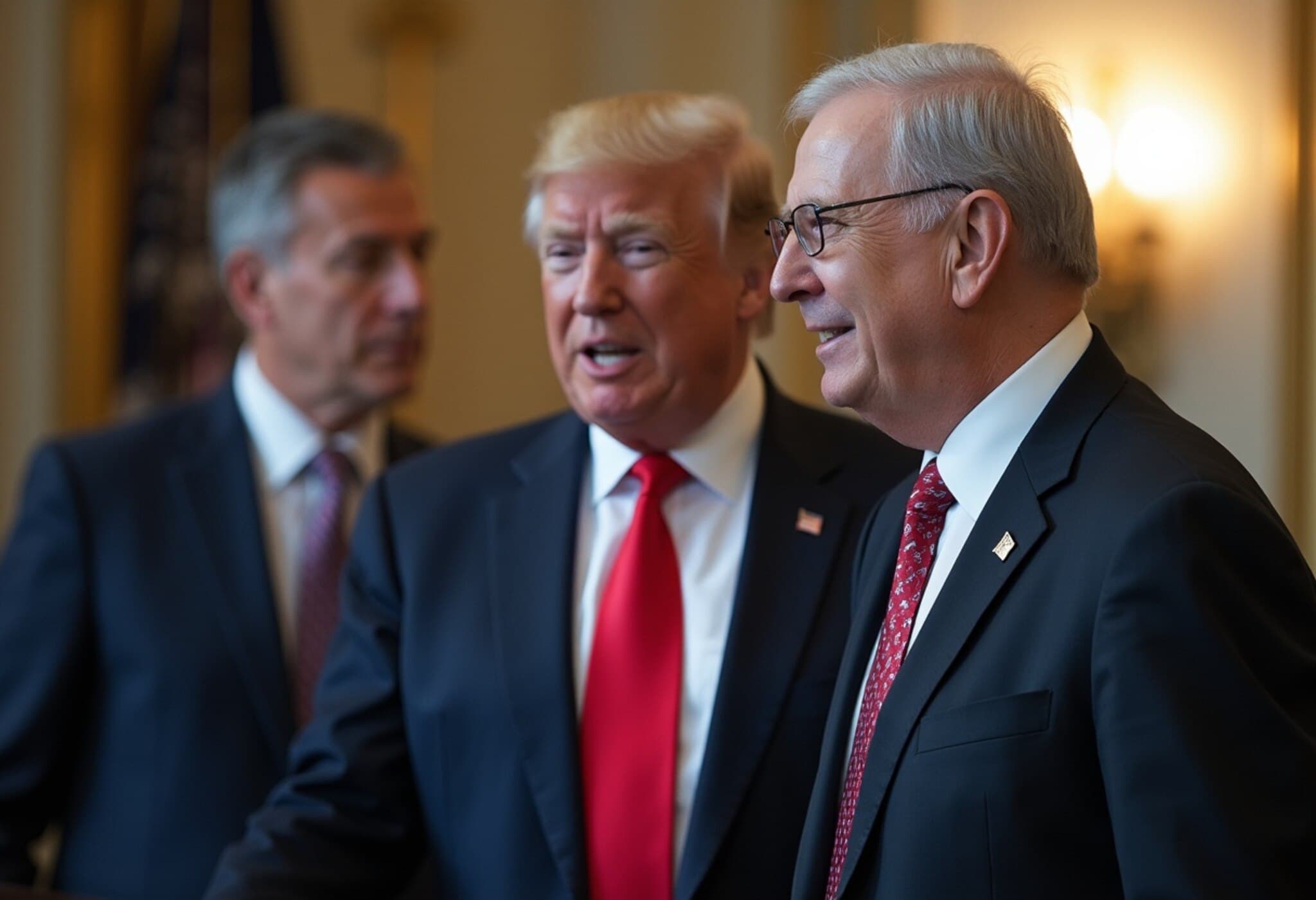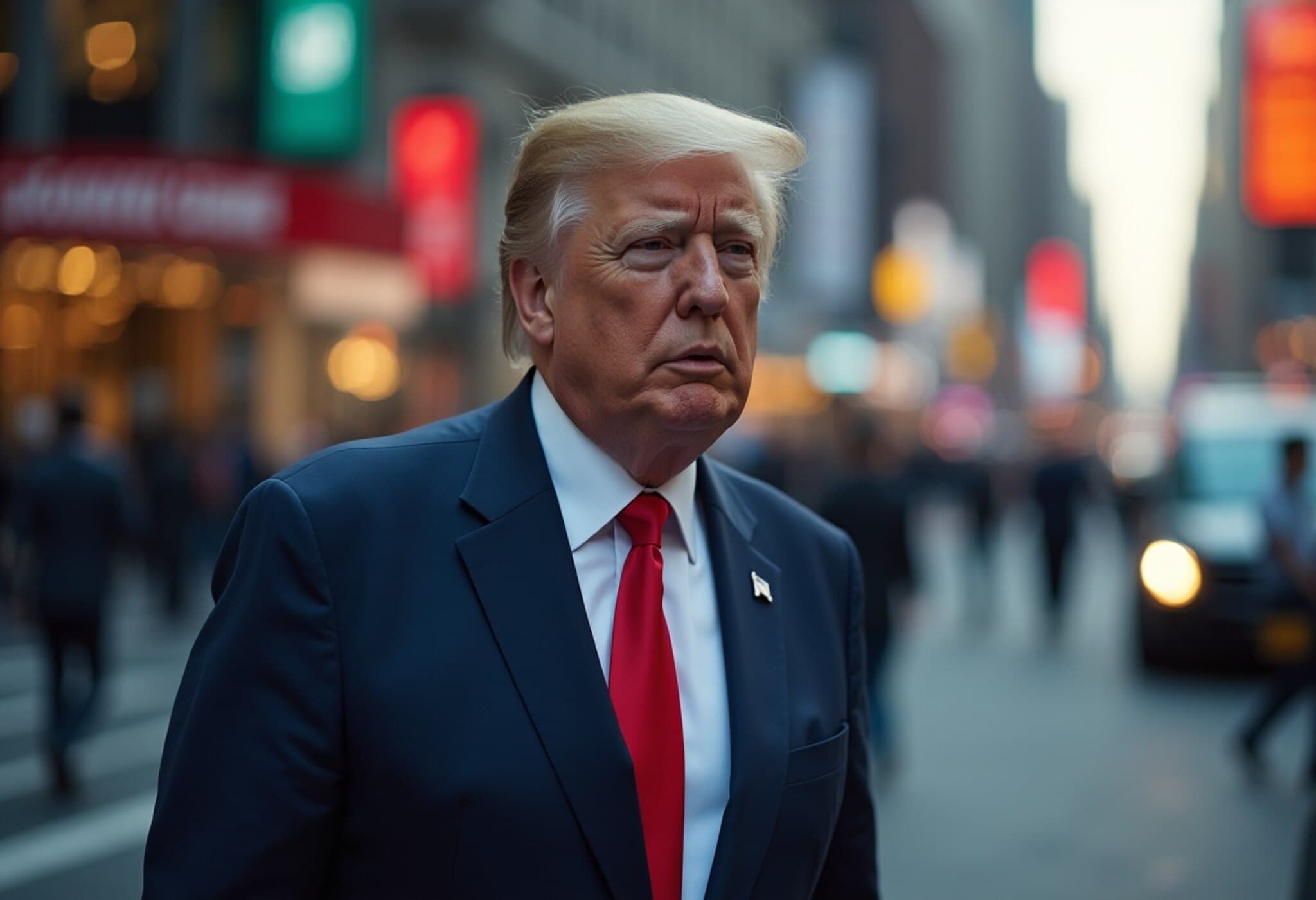White House Signals Possible Extension to Trump’s Trade Deadline
The White House has hinted that President Donald Trump might extend his self-imposed deadlines concerning trade tariffs, easing concerns over the looming July 9 deadline. This marks a significant pivot from Trump's earlier firm stance on imposing hefty tariffs against several nations.
July 9 Tariff Deadline Not Set in Stone
When asked about the critical nature of the July 9 deadline for tariff implementation, White House press secretary Karoline Leavitt emphasized that the date "is not critical." She clarified that should negotiations falter, the president reserves the authority to set tariff rates that best serve American interests and workers.
Leavitt also suggested that the deadline could potentially be extended, stating, "Perhaps it could be extended, but that's a decision for the president to make."
Background: Trump's Threats and Trade Negotiations
In late May, Trump threatened a 50% tariff hike on European Union imports, only to delay the move two days later until July 9 following a request from European Commission President Ursula von der Leyen, who sought additional time to negotiate a favorable deal.
Alongside the EU situation, Trump faces the expiration of a 90-day pause on applying "reciprocal" tariffs to nearly all other trading partners. This pause temporarily lowered tariffs to 10%, but it is set to expire on July 8, potentially reopening the door to higher duties.
Market and Official Reactions Suggest Flexibility
Following these White House remarks, stock indices climbed, reflecting optimism that Trump might delay or reconsider rigid tariff timelines. Earlier in the day, Stephen Miran, chairman of the White House Council of Economic Advisers, remarked that he anticipates extensions for countries demonstrating good-faith trade negotiations. He noted, "I don't see why [tariff] rates would snap back higher" in these cases.
Similarly, Treasury Secretary hinted in June during testimony that it was "highly likely" the July 8 deadline would be postponed.
Implications for Global Trade and Markets
By signaling flexibility on tariff deadlines, the administration aims to maintain leverage while avoiding immediate escalation in trade tensions. This approach allows for continued negotiations without sacrificing the strategic posture that Trump has maintained.
As various global partners watch closely, an extension could pave the way for more productive talks, reducing uncertainty for investors and businesses worldwide.
Key Takeaways
- July 9 tariff deadline for the European Union is not fixed and may be extended.
- 90-day tariff pause on most countries set to expire July 8 may be prolonged for those engaged in genuine negotiations.
- President Trump retains discretion to impose tariffs deemed beneficial for the U.S.
- Markets responded positively to the likelihood of deadline extensions.

